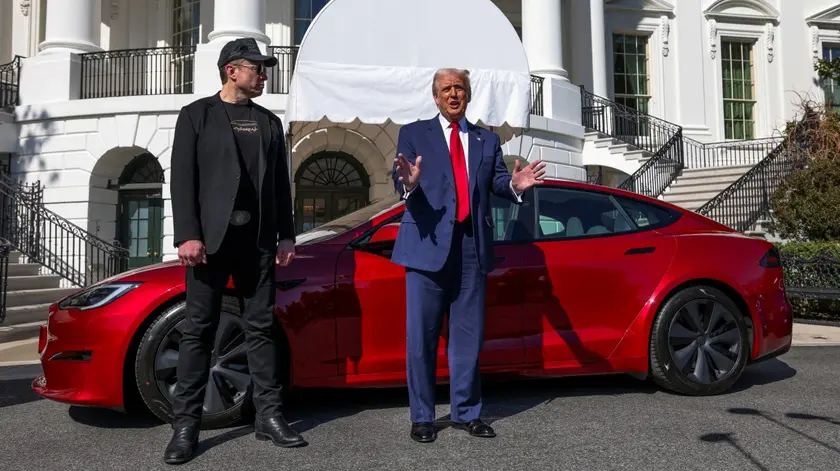T4K3.news
Trump to impose 100 percent tariff on computer chips
Companies may avoid tariffs by committing to invest in US semiconductor manufacturing.
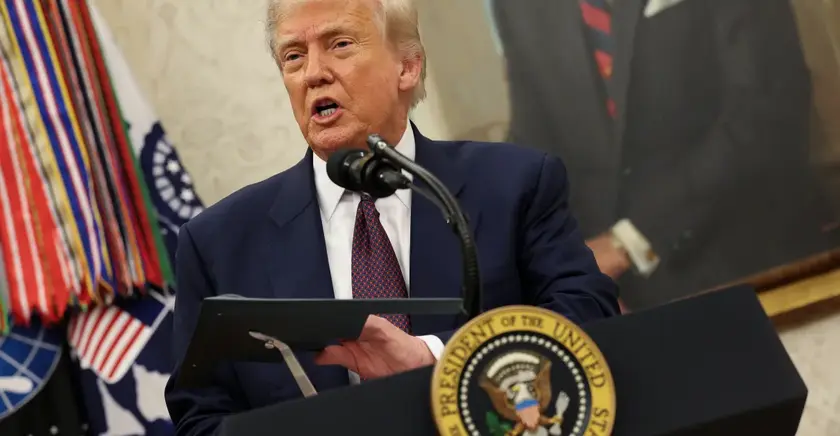
Trump's new tariff plan aims to boost US semiconductor manufacturing but raises questions about fairness.
Trump announces 100 percent tariff on computer chips with major exceptions
In his latest announcement, Donald Trump stated that he would implement a considerable 100 percent tariff on computer chips and semiconductors imported into the United States. This steep tax could dramatically impact companies in the tech industry. However, Trump's plan includes a significant loophole: companies can avoid these tariffs if they commit to manufacturing in the US. This was highlighted during a live conference with Apple’s Tim Cook, where Trump praised Apple's commitment to invest in US manufacturing, allowing the tech giant to dodge the impending tax. Trump also suggested that even plans to build facilities in the US might suffice to escape the tariff. Despite the announcement, it remains unclear which companies would be affected and whether this tariff will actually take effect, given previous announcements that were abandoned.
Key Takeaways
"We're going to be putting a very large tariff on chips and semiconductors."
Trump's announcement defines the scope of the proposed tariff.
"If you’re building in the United States, there will be no charge."
This highlights the significant exceptions in Trump's tariff plan.
"It's hard to think which companies a new chip tariff would apply to."
This captures the ambiguity surrounding the application of the tariffs.
"If for some reason you say you’re building and you don’t build, then we charge you at a later date."
This emphasizes the conditions tied to tariff exemptions.
Trump's tariff threat illustrates a renewed emphasis on American manufacturing, especially in the tech sector. While it aims to incentivize companies to invest domestically, the policy raises critical concerns about fairness and feasibility. Many companies already have some degree of US manufacturing or commitments, raising the question of whether this approach genuinely levels the playing field or offers preferential treatment to some firms, like Apple. If the administration does not define the parameters clearly, this could lead to confusion within the industry, impacting investment decisions and the supply chain.
Highlights
- Trump's tariffs may just be a negotiation tactic.
- Will companies invest in the US, or will tariffs backfire?
- The real question is whether these tariffs will be enforced.
- Manufacturers face a significant choice under Trump's new plan.
Potential backlash from investors and tech companies
Trump's tariff plan could generate significant backlash from companies facing increased costs and logistical challenges. The ambiguity in the enforcement and potential exceptions may create uncertainty among investors and stakeholders.
As the situation evolves, the impact on global supply chains may become more pronounced.
Enjoyed this? Let your friends know!
Related News
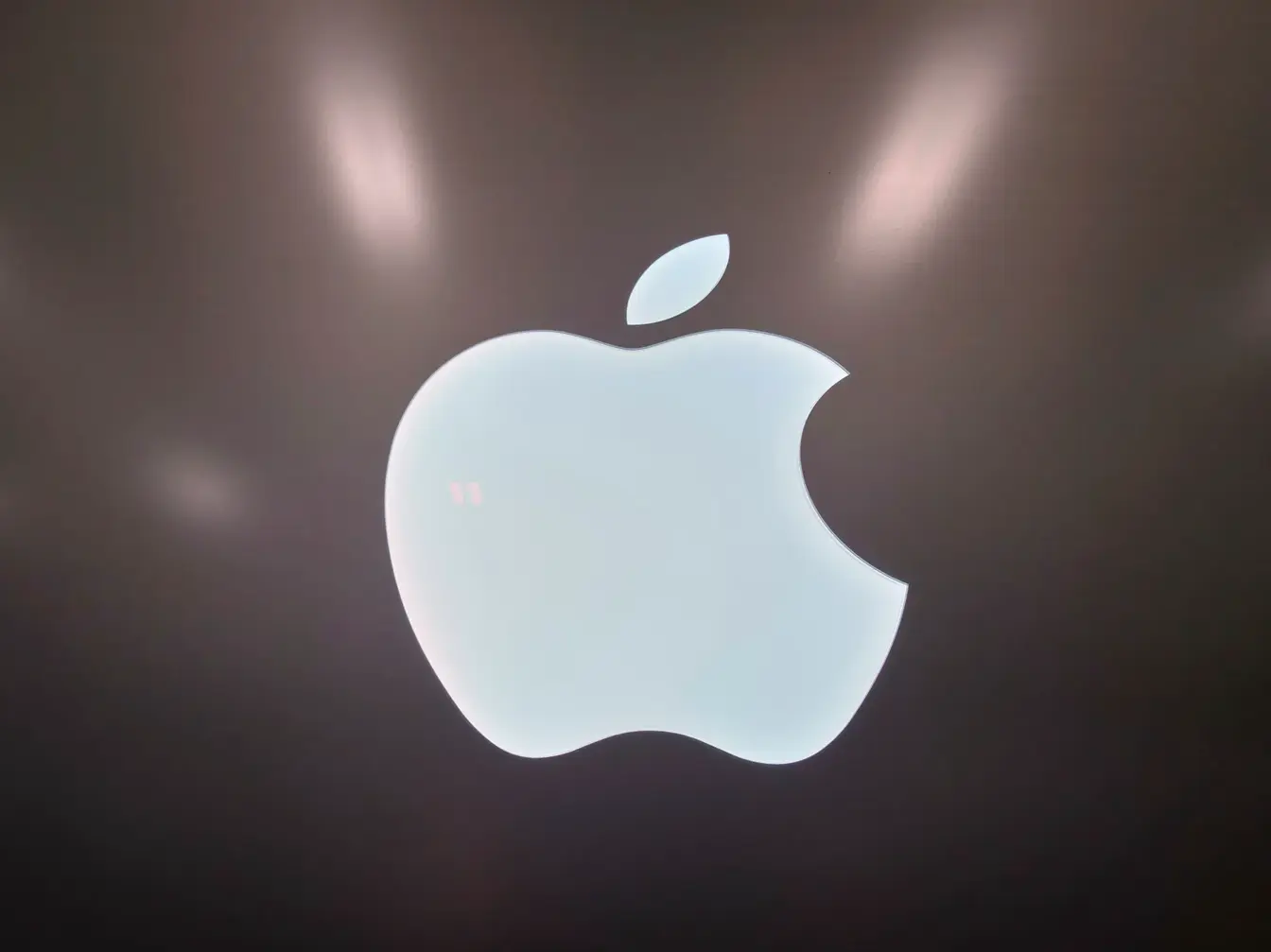
Apple announces additional $100 billion investment in the US
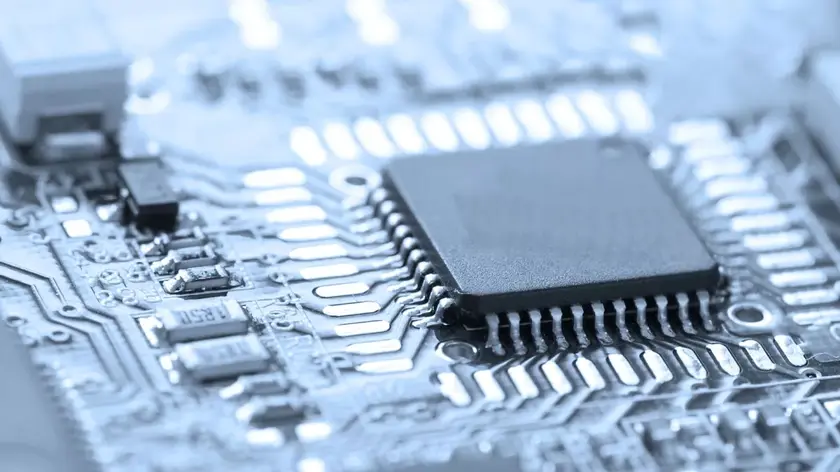
Trump announces 100% computer chip tariff unless firms invest in US
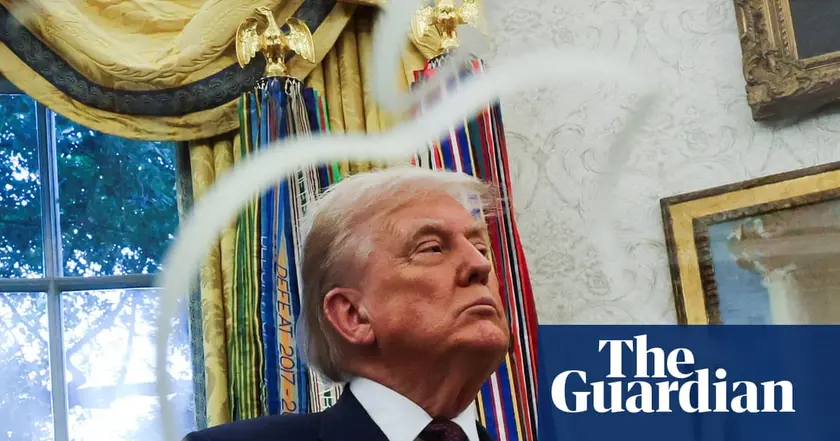
Trump proposes 100% tariffs on foreign computer chips
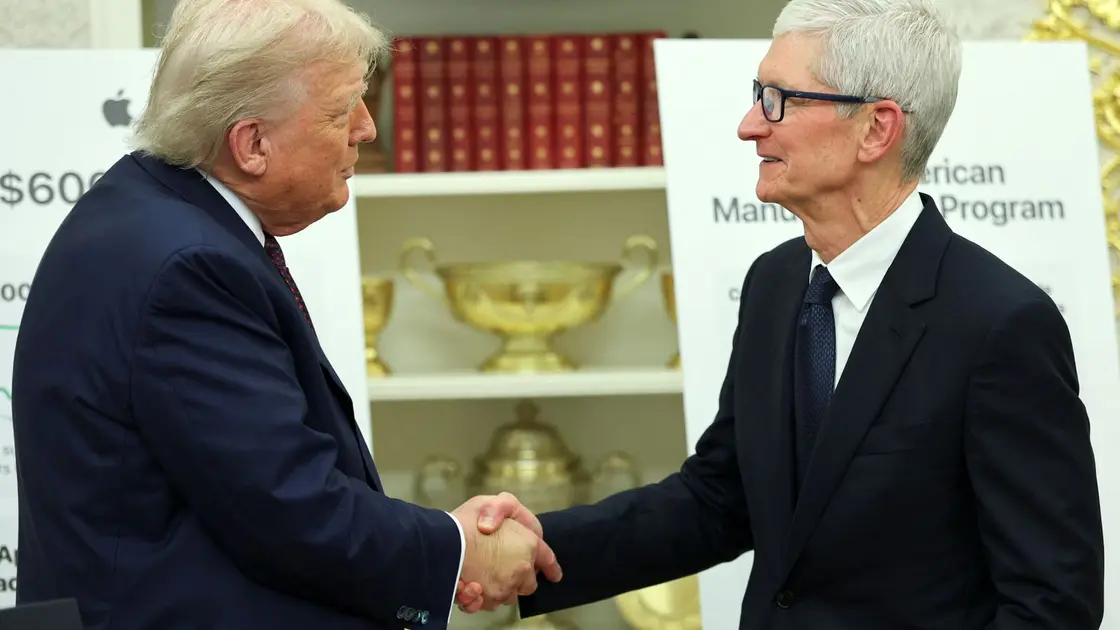
Trump announces new tariffs on electronics

Manufacturing revival linked to new US tariffs announced
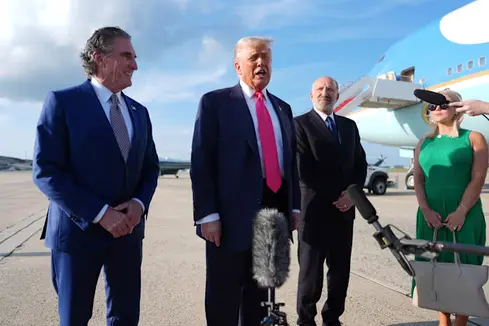
Trump announces tariffs over 10% on smaller nations

Nvidia and AMD face new export rules

Markets mixed ahead of tariff deadline
